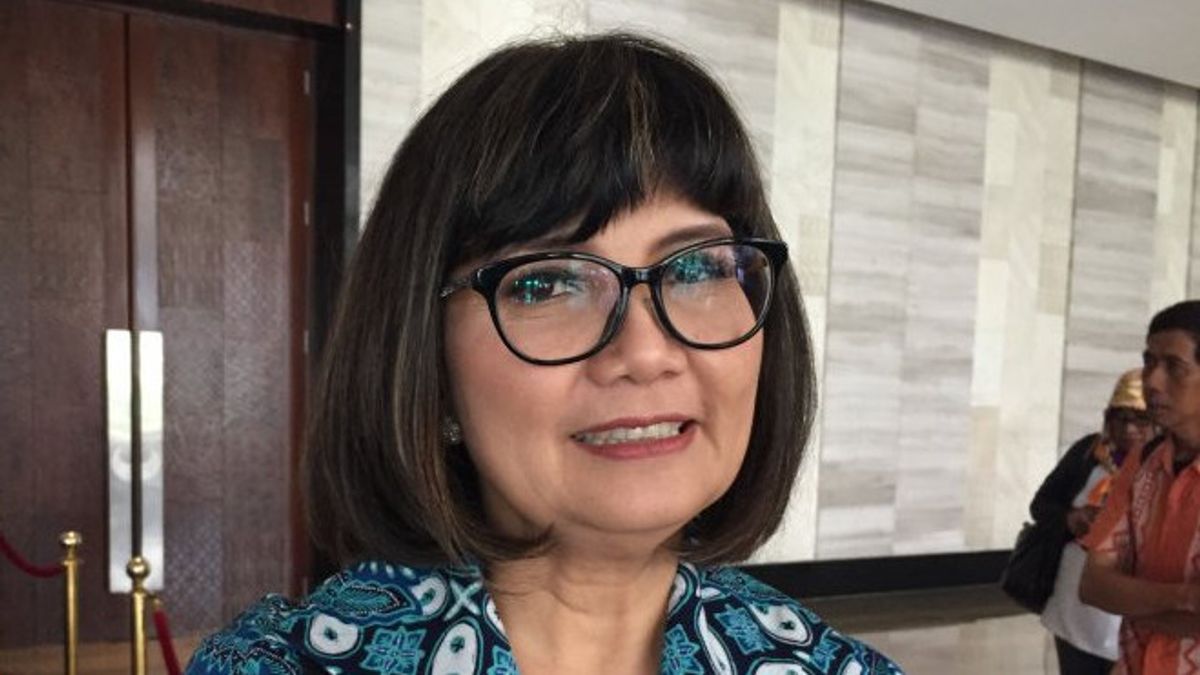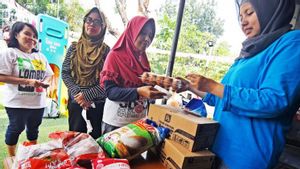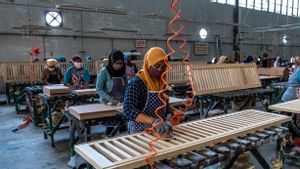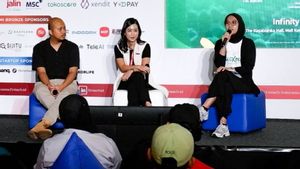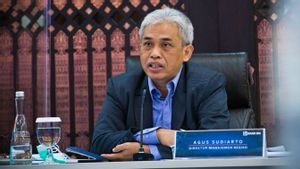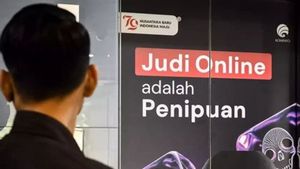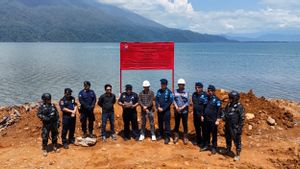JAKARTA - Institute for Development of Economics and Finance (Indef) senior economist Aviliani said that current and future international trade trends will lead to a barter system or goods exchange and global value chain (GVC).
"In the end, each country's policy direction must carry out what is called a global value chain and also have to talk about what we have and what they have. So the barter era has started to happen in several countries", she said in a virtual dialogue, in Jakarta, Wednesday, September 8.
Furthermore, Aviliani said, since the trade war between the United States and China, the trend of international trade has been in the direction of global value chains. So, the state cannot just sell it. But there must be an agreement.
"Recently, regarding palm oil, we usually negotiate. What can we import from them and what can we export to the country. Now, this will become a trend going forward. So we can't do anything anymore, then we look for a market. But we have to find the market first, then (determine) what we want to do in a country where we have highly competitive power", she said.
SEE ALSO:
According to Aviliani, this trend shows that the direction of international trade goes back to ancient times, which adhered to the barter system before the introduction of currency.
"International trade has changed, not changed, but in my opinion, this is a return to the old model. In the past, planes were exchanged for glutinous rice. That will happen in the future", she said.
Furthermore, said Aviliani, with the changing trend of international trade, the government must empower Indonesian ambassadors to obtain information on export opportunities.
"Because a good ambassador in my opinion is the one who is able to provide information to Indonesia about what products are needed there and we have competitiveness or vice versa", she said.
The English, Chinese, Japanese, Arabic, and French versions are automatically generated by the AI. So there may still be inaccuracies in translating, please always see Indonesian as our main language. (system supported by DigitalSiber.id)
